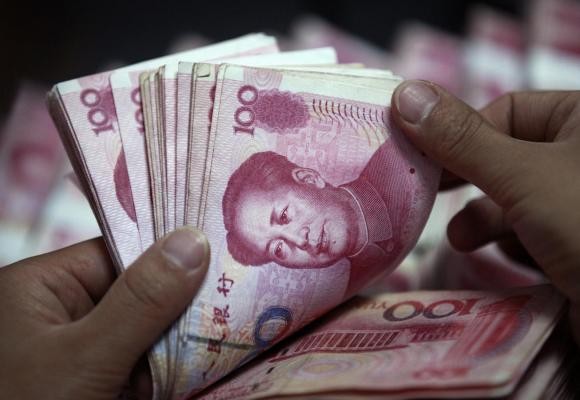As part of his historic appearance at the Davos World Economic Forum (WEF) meeting this week, China's Premier Li Keqiang sealed an agreement with the Swiss government.
Under the new deal, the eastern Asian nation will provide Bern with an $8-billion investment quota as part of China's Qualified Foreign Institutional Investor initiative.
The news from the WEF event is in accordance with the Chinese government's foremost priorities in 2015, which include RMB internationalization and exchange rate reform, as well as the strict supervision and control of local-government debt.
Furthermore, in line with Thursday's comments from Liu Zhiqin, senior fellow at Renmin University of China, the move shows that China is open to further international investments that will improve the economic conditions of other countries.
According to experts, RMB internationalization consists of a three-stage process: The first two stages are trade and investment, respectively, followed by the use of the RMB as a reserve currency in the longer term. The conditions are presently ripe for China, as its expansive development has led to the ongoing rise of the currency's cross-border settlement.
The data shows that the volume reached $1.3 trillion in the first 10 months of 2014. Additionally, the RMB is now ranked as the seventh payments currency in the world, after a 21 position in 2011.
The Swiss agreement forms part of RMB internationalization strategy that continues steadily, and has been described by the government as "crossing the river by feeling the stones."
At the time of publishing, 12 cities, including London and Sydney, have established offshore RMB offices. Benefits of the process include the provision of a strategic opportunity for Chinese banks, as they further develop their international payments clearing businesses; the capacity of Chinese companies to use the RMB for cross-border trade; and the facilitation of smoother, more profitable business relations between foreign companies and Chinese enterprises.
However, even though the world was reportedly looking to China to rejuvenate global conditions at the WEF, Premier Li informed his foreign counterparts that China does not pride itself upon a "lone hero" status.
Although the Chinese leader presented signals that reinforce China's position as the world's main economic driver, which contributed 27.8 percent to the global GDP last year, he implored the WEF gathering to participate in "unified, joint" efforts so that there are more "heroes" working in partnership with China.




























